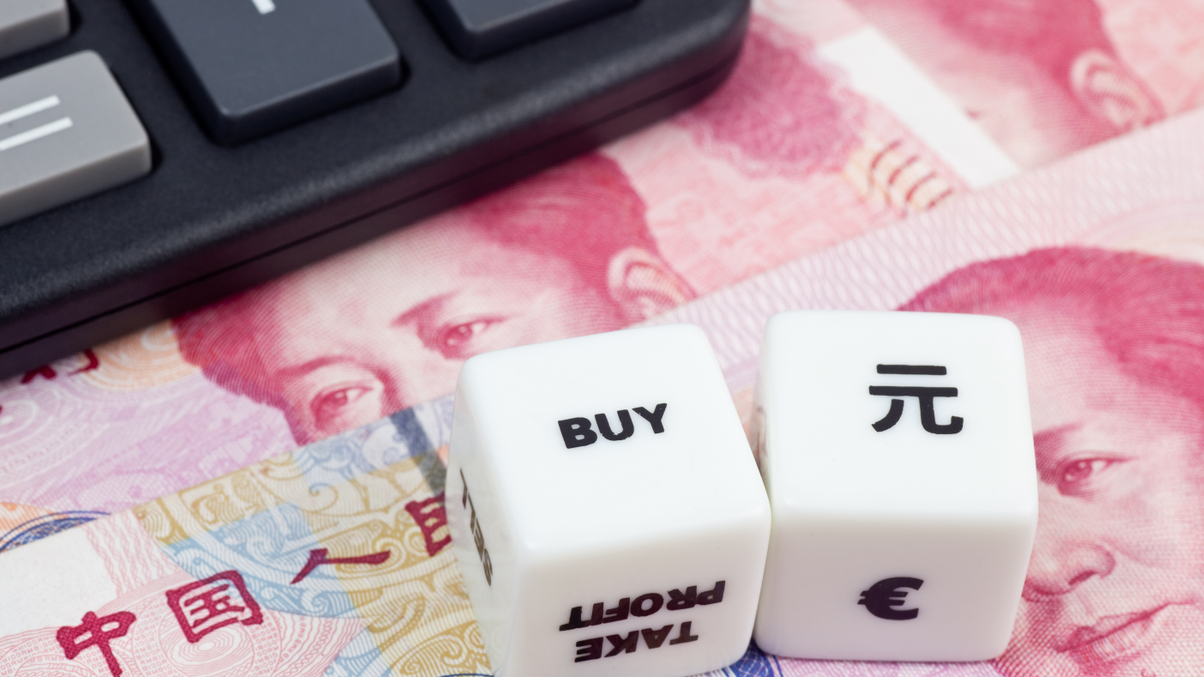Why and how Asian HNWIs are more active risk takers
Wealthy investors in Asia are more willing to take risks than their peers in the West, although they may not realise it, a survey study by RBC Wealth Management shows.

What people think of themselves and how they behave relative to others often doesn't match up to reality. A new study commissioned by RBC Wealth Management underlines that.
Sign in to read on!
Registered users get 2 free articles in 30 days.
Subscribers have full unlimited access to AsianInvestor
Not signed up? New users get 2 free articles per month, plus a 7-day unlimited free trial.
¬ Haymarket Media Limited. All rights reserved.


